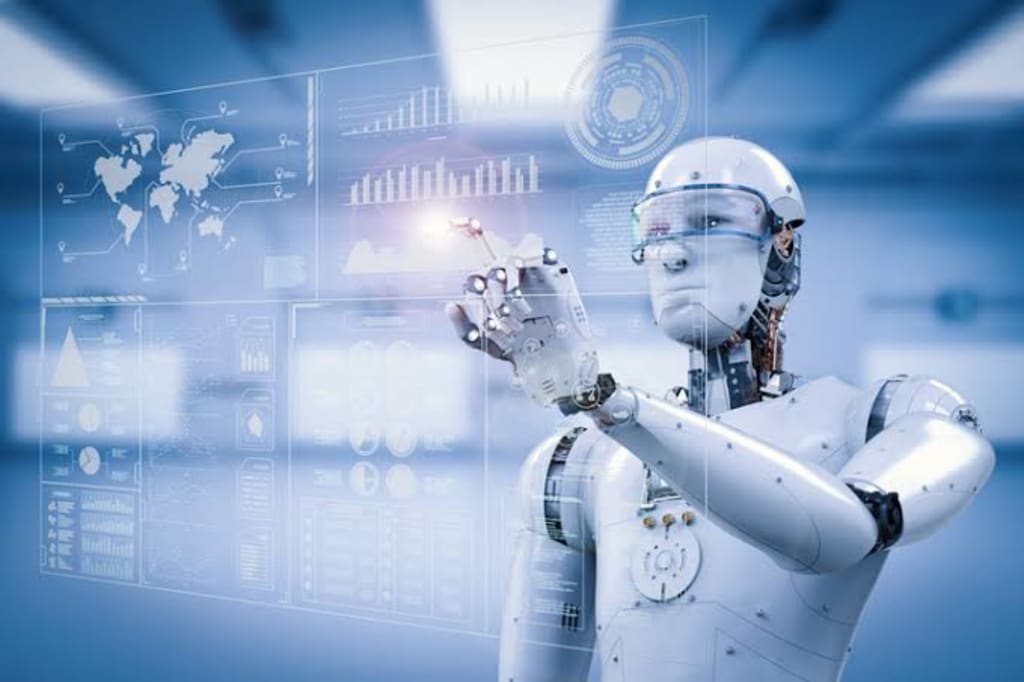The rise of artificial intelligence and its implications for society and employment
Introduction The Impact of AI on Society The Benefits and Risks of AI The Implications of AI for Employment New Job Opportunities and Skills Needed The Importance of Education and Training Ensuring Fair Distribution of Benefits Regulation and Accountability for AI Technologies Conclusion: Navigating the AI Revolution

The rise of artificial intelligence (AI) has undoubtedly been one of the most significant technological advancements of the 21st century. AI has already changed the way we live, work and communicate, and its potential is limitless. However, while AI has many benefits, it also poses significant challenges for society and employment. In this article, we will explore the implications of AI for society and employment, and consider how we can best navigate this new technological landscape.
The Impact of AI on Society
AI has the potential to transform many aspects of society. For example, AI-powered healthcare could help to diagnose diseases earlier and more accurately, leading to better patient outcomes. AI could also be used to improve traffic flow and reduce accidents on our roads, making our cities safer and more efficient. Additionally, AI could help to reduce waste and energy consumption by optimizing supply chains and reducing inefficiencies in manufacturing.
However, there are also significant risks associated with AI. One of the biggest concerns is that AI could be used to automate many jobs, leading to significant job losses. For example, self-driving cars could eliminate the need for taxi and truck drivers, and AI-powered chatbots could replace many customer service roles. This could lead to significant unemployment and a widening wealth gap, as those who own AI technologies will benefit the most.
Another concern is that AI could be used to create fake news and propaganda, leading to a breakdown in trust in institutions and destabilizing democracies. Additionally, AI could be used to create sophisticated cyber attacks, which could cause significant damage to our critical infrastructure, such as power grids and transportation systems.
The Implications of AI for Employment
AI has the potential to automate many jobs, leading to significant job losses in some sectors. According to a report by the McKinsey Global Institute, up to 800 million jobs could be lost globally to automation by 2030. Jobs that involve routine, repetitive tasks, such as data entry and assembly line work, are most at risk.
However, it is important to note that AI is also creating new job opportunities. For example, AI engineers and data scientists are in high demand, and new roles are emerging in fields such as robotics, virtual reality and augmented reality. Additionally, many jobs will require a combination of human and machine skills, such as creativity, problem-solving, and emotional intelligence.
It is also important to consider the impact of AI on wages. While AI may reduce the number of low-skilled jobs available, it could also increase productivity and create new higher-skilled jobs. However, if these benefits are not shared fairly, then AI could exacerbate income inequality and widen the wealth gap.
Navigating the AI Revolution
The rise of AI presents significant challenges for society and employment. However, there are steps that we can take to ensure that the benefits of AI are shared widely and that the risks are minimized.
One of the most important steps is to invest in education and training. As AI becomes more prevalent in the workplace, workers will need to learn new skills to remain employable. Governments and employers should invest in training programs that teach workers the skills they need to thrive in the new economy.
Another important step is to ensure that the benefits of AI are shared fairly. Governments should consider implementing policies such as a universal basic income, which would provide a safety net for workers who lose their jobs due to automation. Additionally, governments could consider using taxation to redistribute wealth and ensure that the benefits of AI are shared more equitably.
It is also important to regulate the use of AI to ensure that it is used ethically and responsibly. Governments should consider implementing laws and regulations that govern the use of AI in sensitive areas such as healthcare, transportation and public safety. Additionally, companies that develop AI technologies should be held accountable for any negative consequences that result from their use.
Conclusion





Comments
There are no comments for this story
Be the first to respond and start the conversation.